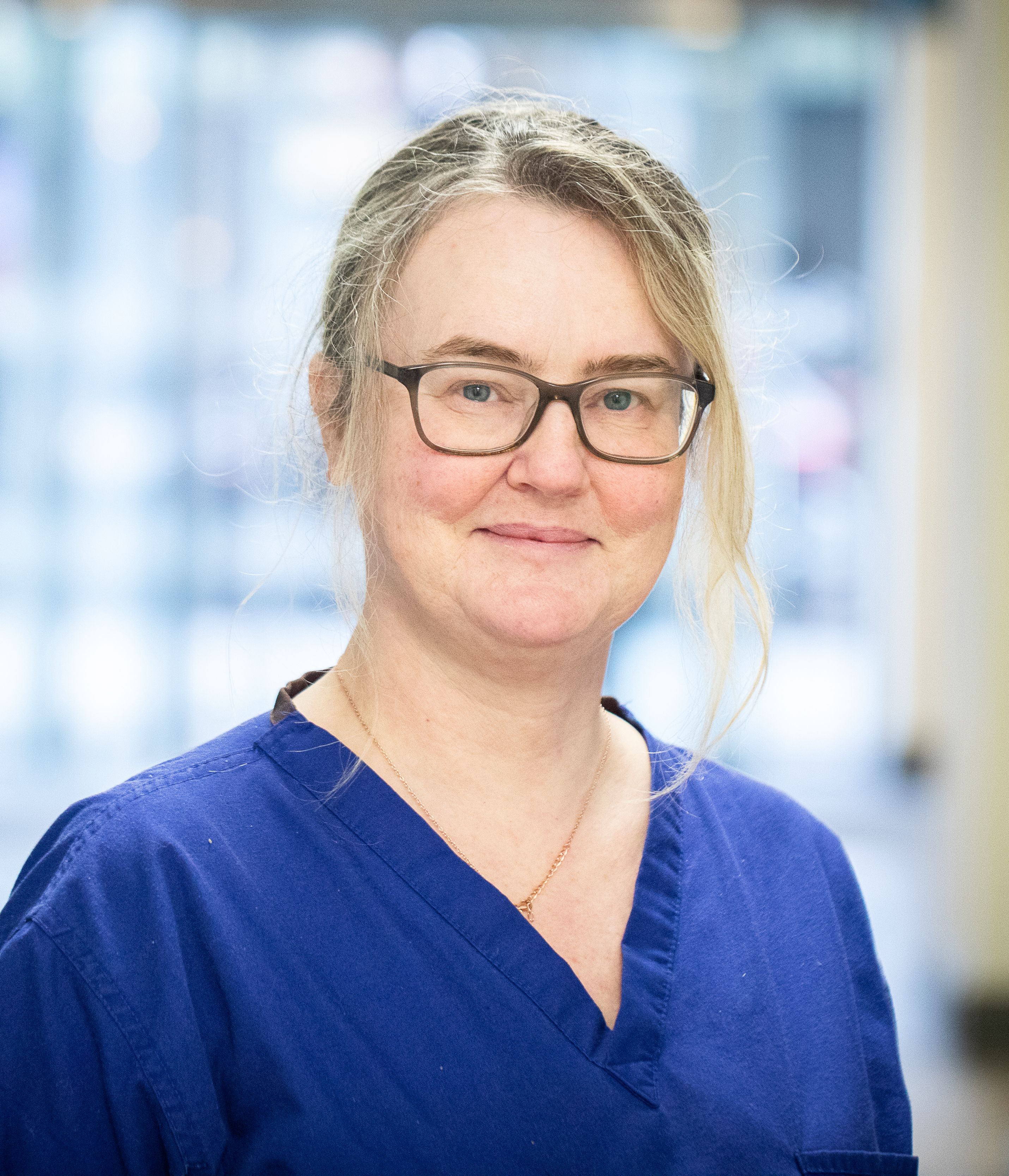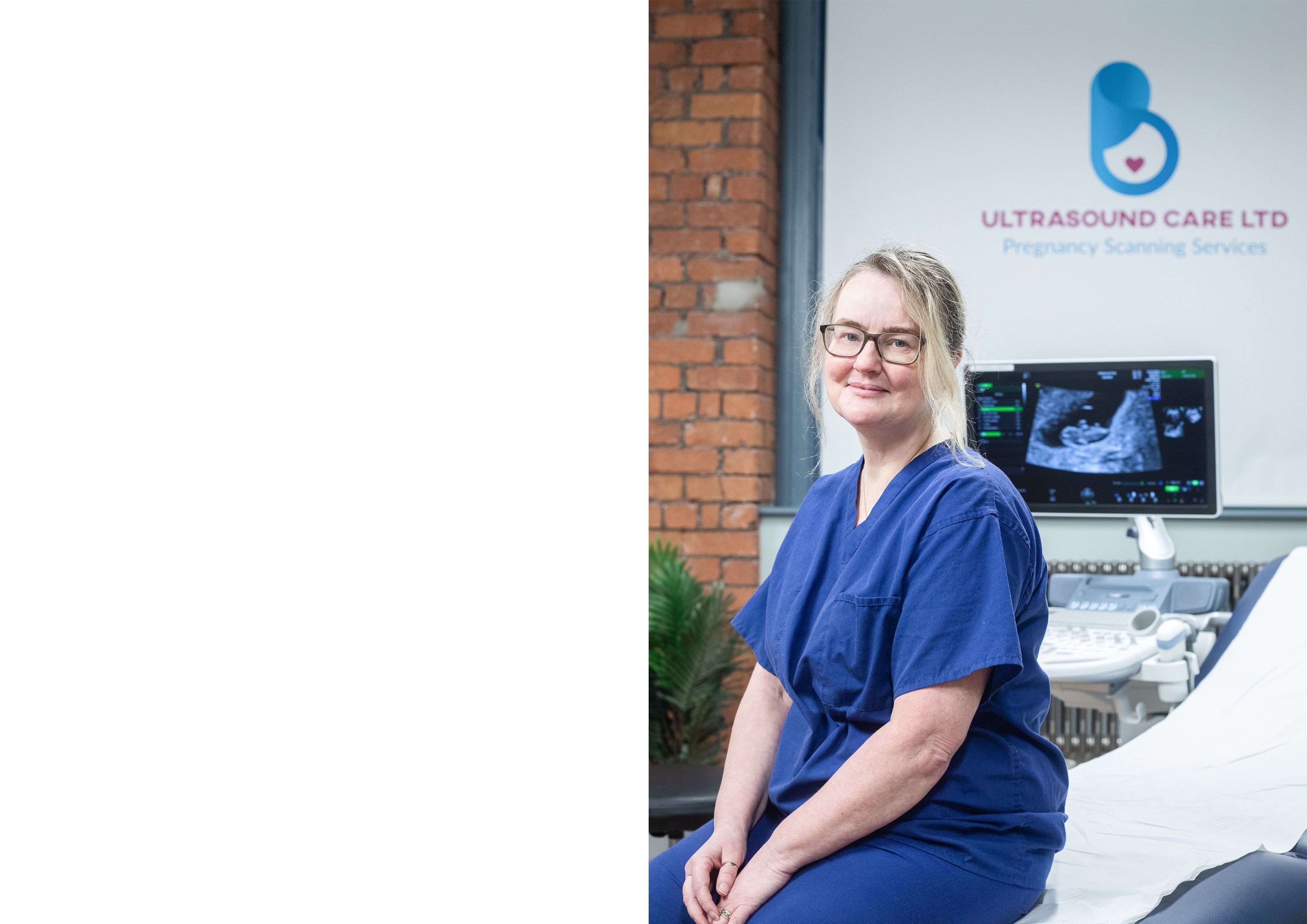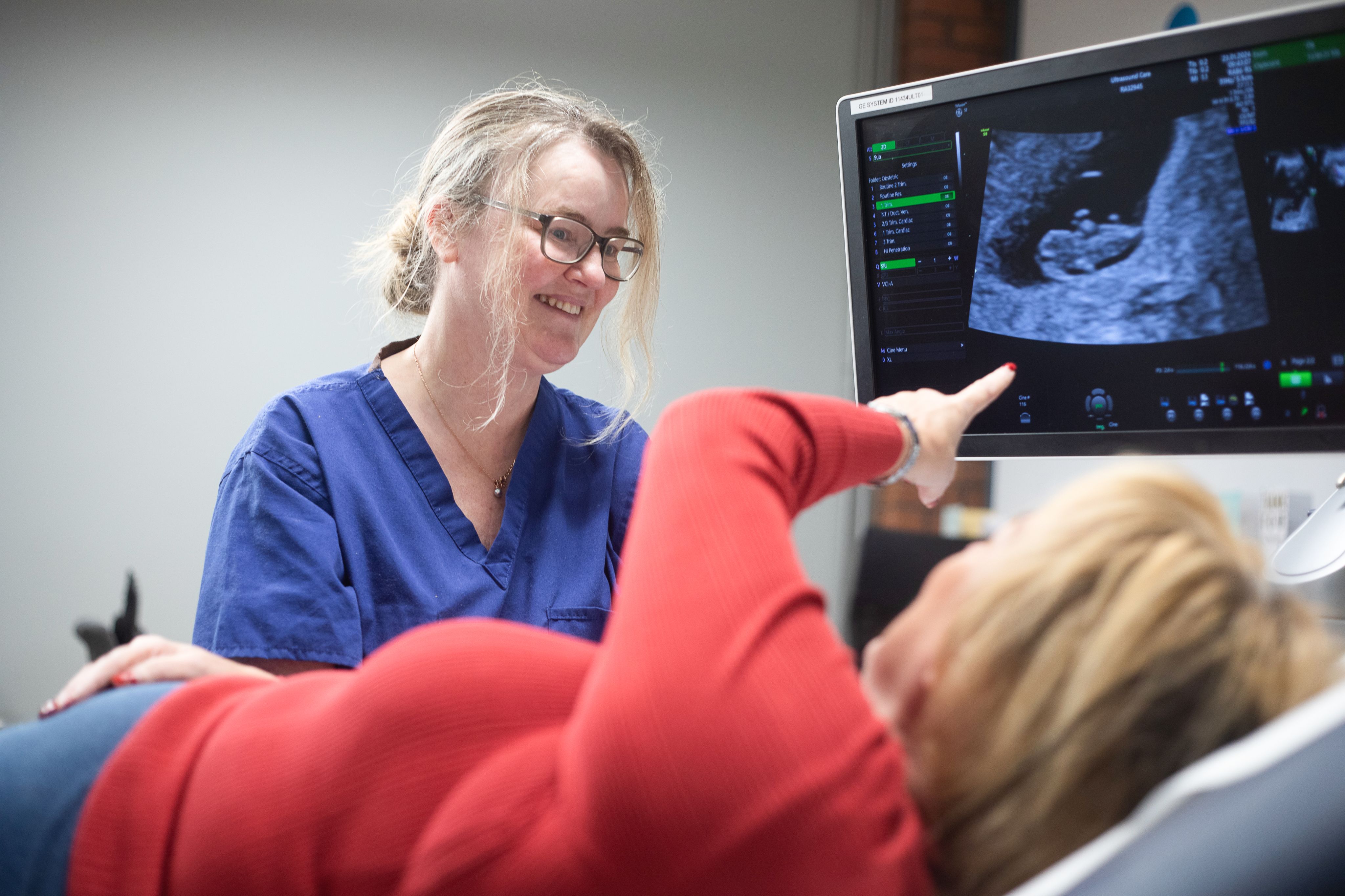How to be an expert
Sonographer Gill Martin is a radiography expert witness. Here she explains the training on offer from the CoR

Do you consider yourself an ‘expert’?
Despite being qualified and practised in your field of imaging for numerous years, and routinely keeping up with new innovations and CPD, you still may not think of yourself as an expert.
But experience in your niche, whether that’s general, CT, MRI, ultrasound or therapy, means you have unique insight into what is expected of radiographers, and what is considered reasonable actions or opinions in this increasingly litigious world.
In cases involving allegations of breach of duty, or standard of care, English case law (Bolam v Friern Hospital Management Committee (1957) 1 WLR 583) says that a court must establish whether a practitioner has acted in a way that other skilled professionals in the same field would have.
This essentially means that the quality or standard of your work should not be judged by hospital managers or consultant radiologists, but by your peers - fellow radiographers, fellow sonographers, people who are aware of national standards, people aware of what is required to fulfil the role, and the inherent limitations of the imaging modality in question.
Why did I want to become an expert witness?
When I first attended the virtual expert witness training day, run jointly by the College of Radiographers and Bond Solon, a company offering professional training to a range of industries, I was working as a lead sonographer in a busy NHS teaching hospital.
As with all managerial positions I was responsible for ensuring standards were maintained within our service delivery, which meant regular image review and audit of reports.
However, when the inevitable incidents did occur, I was involved in investigating and documenting serious untoward incidents, including recorded debrief meetings with complainants, and writing formal reports to be used by the trust’s legal team if the incident was taken further.
Being a radiographer and sonographer for numerous years, I knew the expectations of the day-to-day job, but was not so sure what the expectations would be if my documents were ever to be used as evidence.
So I decided to enrol on the CoR’s expert witness study day to arm myself with this knowledge, and so I could pass that knowledge onto the team of sonographers I was managing.
The study day covered things like writing reports and what to expect in court, before my name could be added to the CoR list of expert witnesses.

The role of the expert witness
Whether you are instructed by the prosecution or defence, the role of the expert witness is to review the evidence supplied - usually medical notes and PACS (picture archiving and communication system) imaging - and to construct an independent report, answering the questions posed in the solicitor’s letter of instruction.
The report should be not biased towards either side, but should instead be written for the court.
It should be non-judgemental, but should utilise the expert witness’ experience to deduce, on the balance of probabilities, whether pathologies were missed, or if the healthcare professional (radiographer or sonographer in this case) worked to an acceptable standard.
Quite often the role of the expert witness is to explain the role that imaging played in the management of the patient, and the limitations of the imaging.
For example, you may have to explain that ultrasound in routine obstetrics is a screening tool and so is not expected to pick up all pathologies (plus there will be screen positive and negative cases), as quite often a ‘normal’ obstetric ultrasound will be produced as ‘missed pathology’ when a pathology is diagnosed in the post-natal period.
The expert witness is not attributing blame - that is for the court to judge. But it is the role of the expert witness to give an informed opinion on the validity of a case, based on your expertise and the evidence reviewed. Remember that you need to be up to date in your area of expertise, and you should reflect current guidelines and practices, as you could be challenged or cross-examined on your opinions.
Lessons learned
Over the last few years, I have been instructed as an expert witness on several legal cases. Reviewing their documents has impacted on my personal practice.
Here are some pointers that may help radiographers in future:
- If there are any limitations affecting the quality of your work (for example an uncooperative patient, obese patient, or immobile patient) document that in writing at the time of imaging. This should help the expert and thus the court to understand why your work may not be ‘textbook’.
- Work within your scope of practice and know your own limitations.
- Work within departmental protocols – if these are not available, document this and work to national guidelines.
- Try to avoid terms which, although accurate, may be misinterpreted by the referring clinician and could lead to harm - for example noting a “clot in the superficial femoral artery,” and patient not being treated for deep vein thrombosis as the clinician only saw the word ‘superficial’.

Annual Expert Witness Conference
In early November 2023, the Society of Radiographers sponsored my attendance at the Bond Solon Annual Expert Witness Conference. This conference was aimed at all expert witnesses, not just those from a medical background.
There were more general lectures in the morning (including discussions referencing new or developing case law) and in the afternoon there were ‘break-out’ sessions for specific genres (like medico-legal).
I found the final session particularly interesting - a debate by two leading barristers around whether expert witnesses should be state registered in some way.
The panel deemed that although initially this seemed a good idea, the practicalities of such a register would be unattainable. For example, what attributes do you need to be an expert in your field? Who would assess these? These were two of the many questions the legal teams could not answer.
I left the conference proud to be a member of the Society of Radiographers, as I was in the minority of attendees who had been given some training, thanks to the expert witness study day. Most attendees were seeking similar training.
I would encourage anyone who is interested in becoming an expert witness to attend one of these study days.
Becoming an expert witness encourages you to reflect and improve on your own practices, ensures that you remain aware of any guidelines that impact service delivery, and thus ultimately helps to improve patients' safety.
Find out more...
The College of Radiographers encourages suitably experienced members to apply to become an ‘expert witness’ in their specialty.
It is important for patients, the NHS and the profession that we have members who are able to offer an objective opinion on any particular case within their scope of practice.
The Society of Radiographers and College of Radiographers receive many requests from solicitors acting either for the plaintiff, NHS Trust or Health Board to provide an ‘expert’ report in a court-approved format.
It is important work and can be very rewarding in terms of professional development for the member who is willing and able to take cases on.
The College of Radiographers maintains a list of expert witnesses to whom it will circulate details of cases as they come in.
There is no requirement to take on a case if you do not wish to do so.
For those accepted onto the CoR’s expert witness list, they will be invited to a free annual study day, typically in September or October.
To find out more and to apply visit the CoR’s expert witness page.
Image credit: Andy Brown
Now read...


